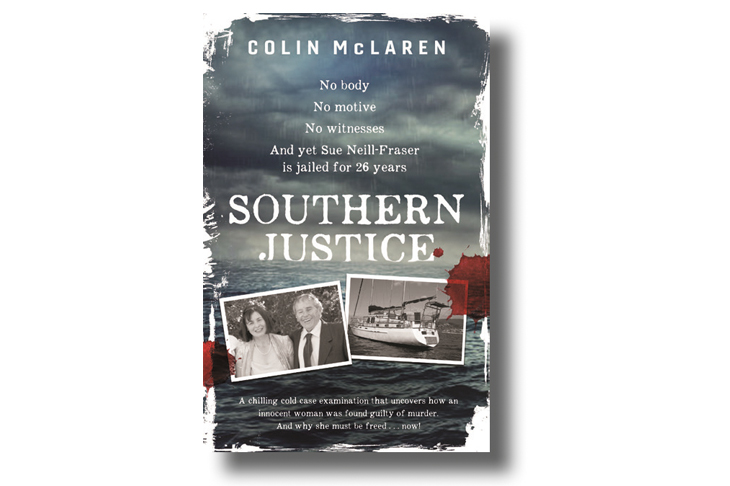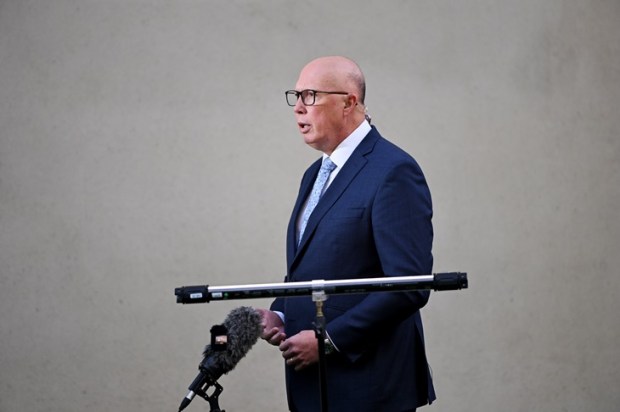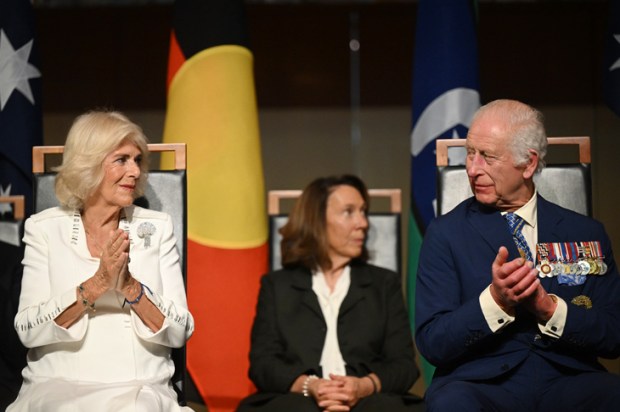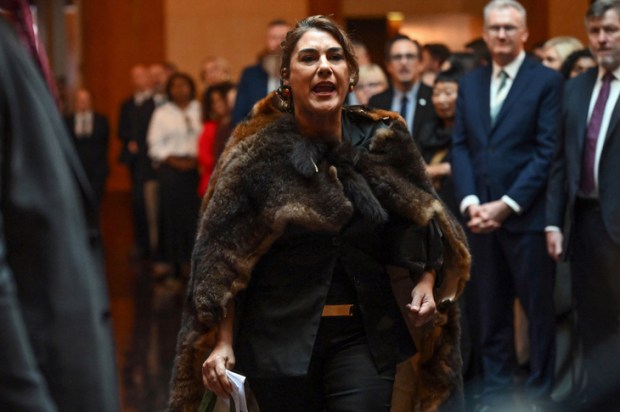Former Melbourne detective Colin McLaren’s cold case book into the 2009 disappearance of Bob Chappell and the 2010 conviction of Sue Neill-Fraser for his murder comes after years of agitation and disquiet about that conviction. It’s an itch that won’t be calmed. This book will help, though.
Sensational is the most apt word to describe Southern Justice, referring to both the astonishing revelations of institutionalised errors and wrong-doing, chapter after chapter, and the sensation these revelations prompt in the reader.
Already a subscriber? Log in
Subscribe for just $2 a week
Try a month of The Spectator Australia absolutely free and without commitment. Not only that but – if you choose to continue – you’ll pay just $2 a week for your first year.
- Unlimited access to spectator.com.au and app
- The weekly edition on the Spectator Australia app
- Spectator podcasts and newsletters
- Full access to spectator.co.uk
Unlock this article
You might disagree with half of it, but you’ll enjoy reading all of it. Try your first month for free, then just $2 a week for the remainder of your first year.














Comments
Don't miss out
Join the conversation with other Spectator Australia readers. Subscribe to leave a comment.
SUBSCRIBEAlready a subscriber? Log in